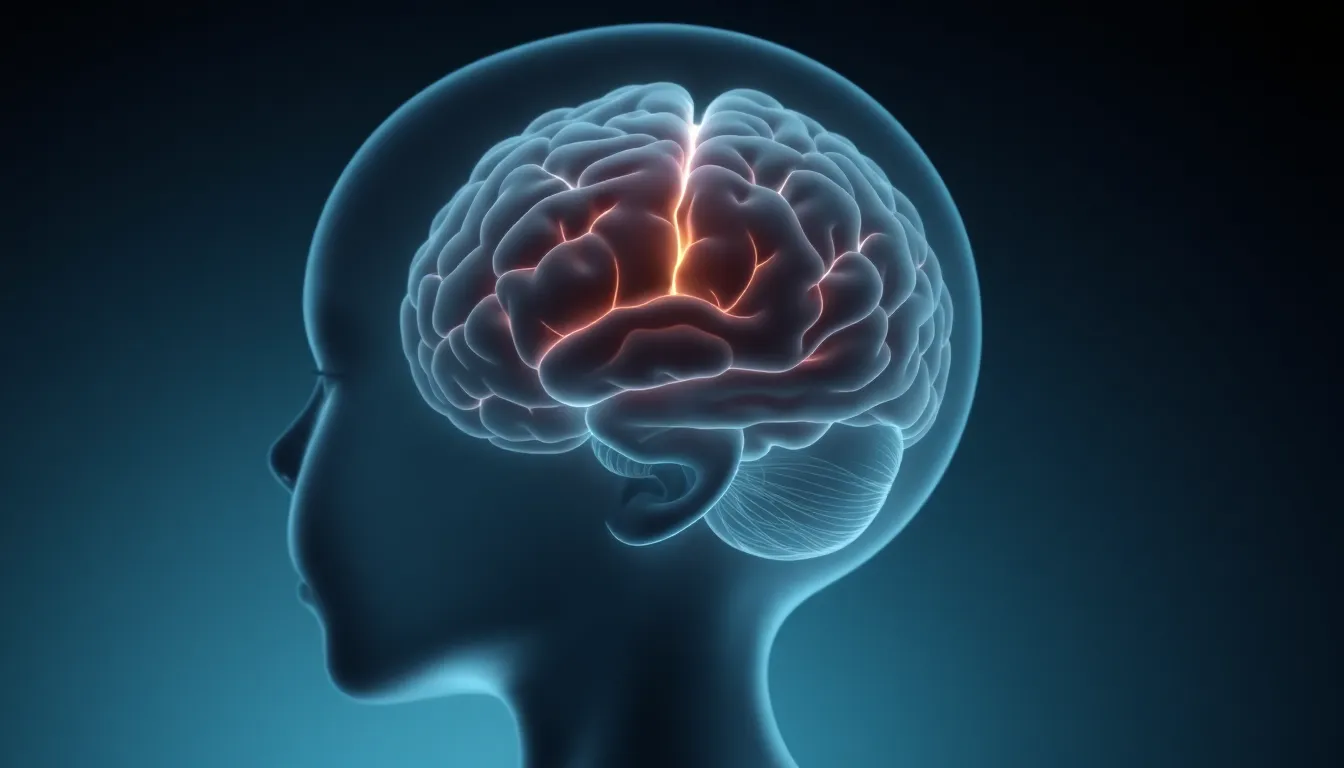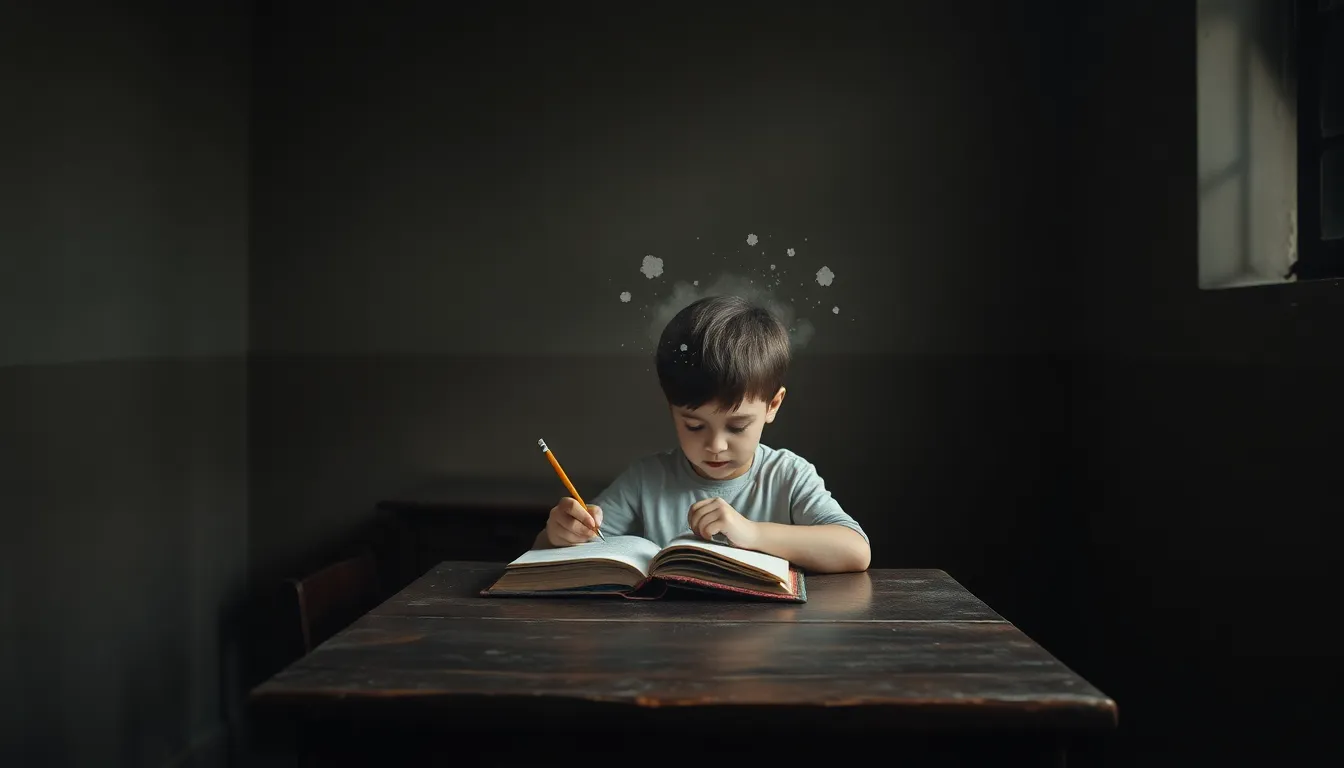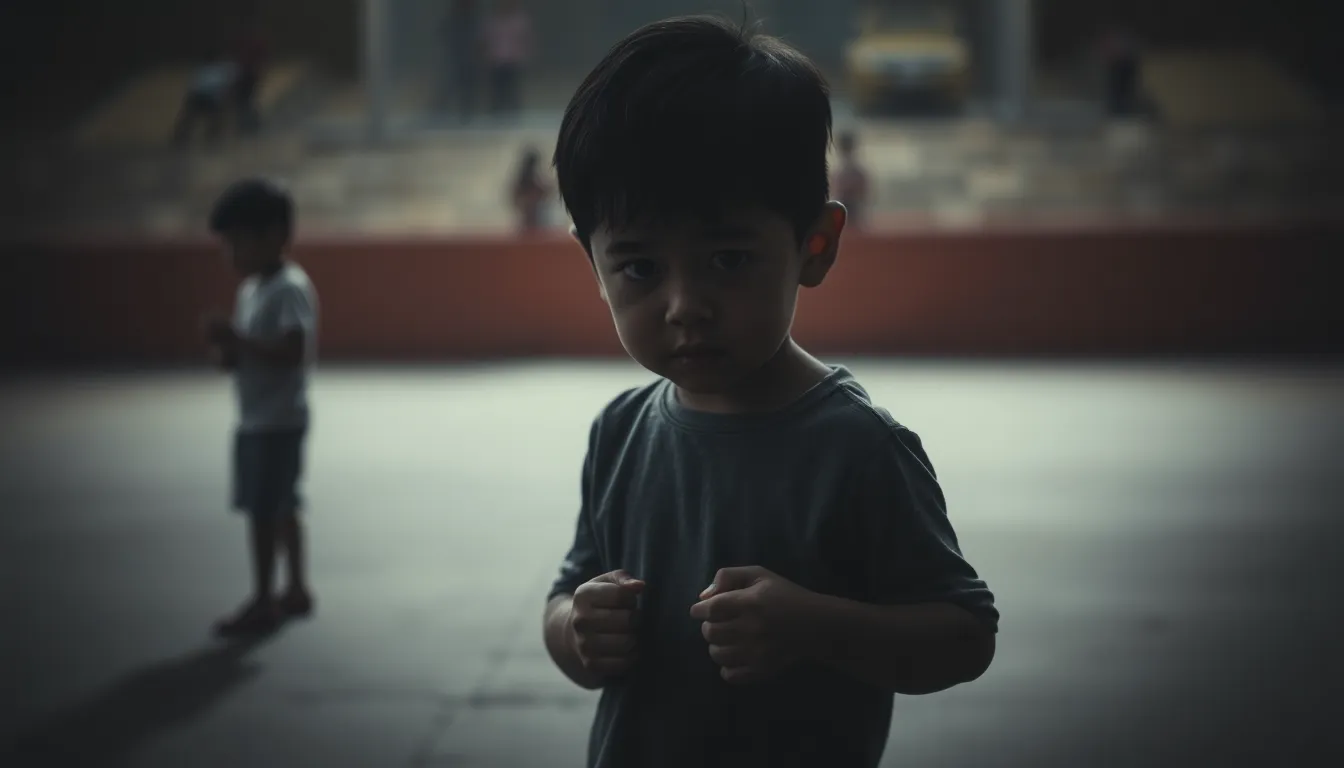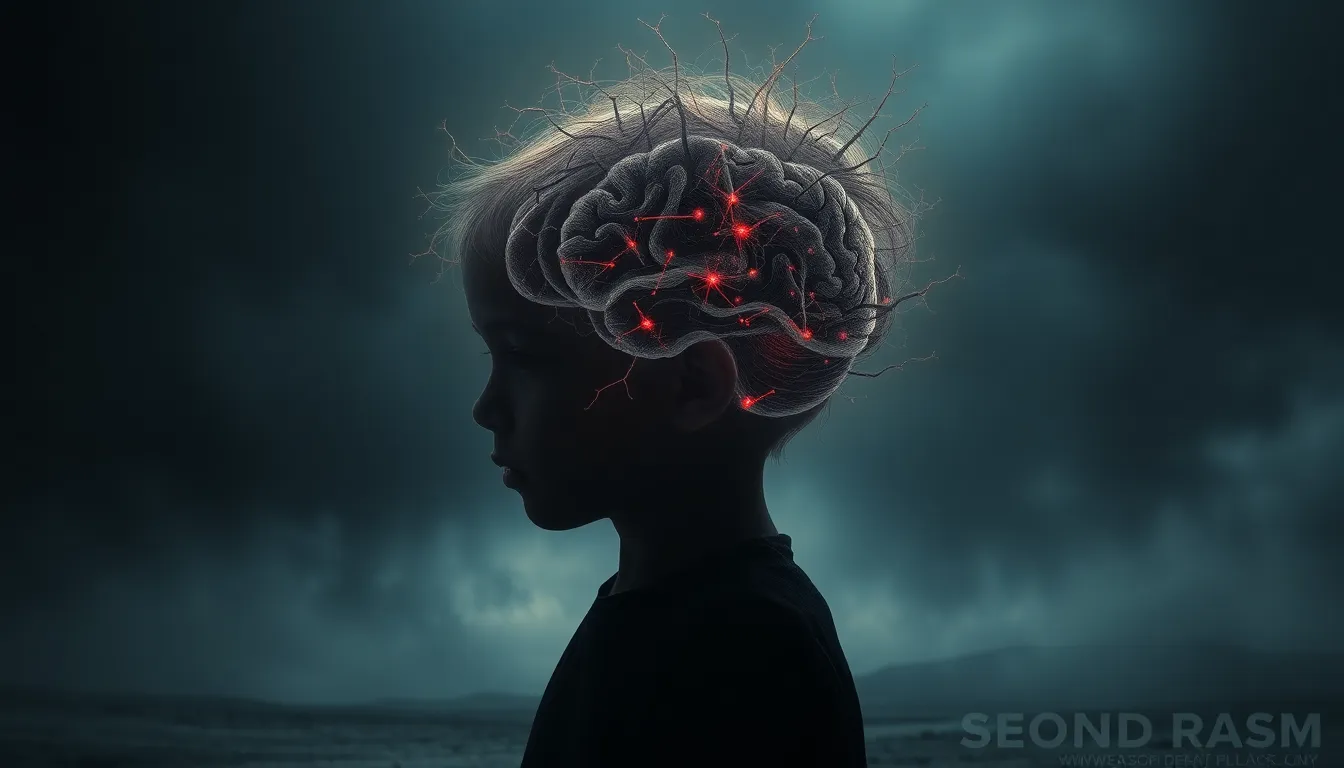The profound effect of corporal punishment on child brain development extends beyond immediate harm, causing measurable and lasting neurological alterations. These punitive experiences reshape critical brain regions, leading to severe cognitive, emotional, and behavioral deficits that persist into adulthood.
Key Implications
- Brain Structure Alterations: Corporal punishment physically shrinks key brain regions, including a 14-19% reduction in prefrontal cortex grey matter volume and a 5-10% decrease in corpus callosum integrity, fundamentally altering cognitive abilities.
- Cognitive Deficits: Children endure substantial long-term cognitive losses, experiencing a 5 to 10-point IQ reduction, 20-30% lower performance on working memory tasks, and a 25-35% higher likelihood of lower grades in reading, math, and science.
- Elevated Mental Health Risks: Exposure to corporal punishment significantly dysregulates a child’s stress response system, leading to a 2-3 times higher likelihood of developing anxiety and depressive symptoms.
- Adverse Behavioral and Social Outcomes: Children subjected to corporal punishment are 2.5-3.5 times more likely to exhibit aggressive behaviors, show a 15-20% decrease in empathy, and face a 20-30% increased incidence of peer problems.
- Lifelong Vulnerabilities: The neurological damage from corporal punishment is persistent, resulting in sustained 10-15% reductions in prefrontal cortex grey matter volume and a 20-25% higher prevalence of severe mental health disorders, including substance use and personality disorders, in adulthood.

Key Brain Regions Shrink by Up to 19%
Corporal punishment causes measurable, significant physical changes in critical brain regions. The prefrontal cortex, vital for executive functions, decision-making, and impulse control, shows a 14-19% reduction in grey matter volume. The corpus callosum also exhibits compromised integrity. This structure ensures inter-hemispheric communication. A 5-10% decrease in corpus callosum integrity impedes efficient information processing. Such alterations permanently reshape cognitive abilities.
Observable Developmental Challenges
These structural changes influence a child’s future, contributing to several key challenges:
- Emotional regulation issues.
- Academic performance decline.
- Social interaction difficulties.
Understanding these shifts fosters healthy child brain development. Non-violent, supportive strategies build resilient brains.

Cognitive Losses: A 10-Point IQ Penalty and Academic Decline
Corporal punishment profoundly impairs child brain development. It causes substantial long-term cognitive deficits, directly hindering learning and academic success. The developing brain is vulnerable to trauma.
Intelligence, Memory, and Academic Decline
Studies show a 5 to 10-point reduction in IQ scores for children enduring corporal punishment. Working memory is severely compromised; they show 20-30% lower performance on working memory tasks. This impacts new information retention. Such environments raise serious child safety concerns.
Cognitive losses translate directly into significant academic struggles. Children face a distinct classroom disadvantage. Preventing child cruelty charges is crucial. Academic performance suffers:
- A 25-35% higher likelihood of lower grades in reading.
- A 25-35% higher likelihood of lower grades in math.
- A 25-35% higher likelihood of lower grades in science.
These struggles are direct consequences of impaired cognitive function. Parents and educators must understand this damage. Promote safe environments, avoiding incidents like assault in day care and handling day care allegations. Addressing child behavior issues requires understanding.

Anxiety and Depression Risks Soar 2-3 Times Higher
Corporal punishment inflicts more than just physical pain; it creates a cascade of long-term neurological damage. The chronic stress children endure from such experiences significantly dysregulates their delicate stress response system. This constant state of heightened alert makes them profoundly vulnerable to severe mental health conditions, impacting their future well-being. Children develop a persistent feeling of insecurity.
The Silent Toll on Mental Health
Children exposed to corporal punishment face a substantially increased risk for developing internalizing disorders. Studies show these children are 2-3 times more likely to experience such issues. Research specifically indicates:
- A 30-40% increased risk for anxiety disorders.
- A 35-45% increased risk for depressive symptoms.
- Atypical cortisol responses in 15-20% of affected children.
The brain, constantly anticipating threat, remodels itself. This causes profound physiological shifts. Recognizing these severe risks is crucial for creating safe environments for children.

Aggression Jumps 3.5x While Empathy Recedes by 20%
Corporal punishment significantly impedes the development of healthy emotional regulation skills in children. This punitive approach fosters a heightened stress response, preventing children from processing emotions constructively. Instead of learning self-control, they often internalize fear and frustration. This consistent exposure leads to a noticeable decrease in empathy and directly contributes to increased difficulties in social interactions with peers. Children subjected to such discipline struggle to understand others’ feelings, impacting their ability to form meaningful connections. Understanding these critical impacts is vital for child well-being.
Quantifying Behavioral Shifts
Research consistently highlights the adverse behavioral shifts observed in children who experience corporal punishment. These measurable changes underscore the profound negative influence on their development:
- Children become 2.5 to 3.5 times more likely to exhibit aggressive behaviors in various settings.
- Scores on empathy assessments show a significant 15-20% decrease.
- There is a 20-30% increased incidence of peer problems, reflecting challenges in forming and maintaining friendships.
These figures are not merely statistics; they represent tangible hurdles to a child’s successful growth and integration into social environments. Prioritizing positive discipline fosters better outcomes for every child.

Lifelong Scars: Persistent Brain Changes and Adult Disorders
Corporal punishment inflicts profound, lasting damage on a child’s brain. These are not temporary effects. Instead, they establish long-term vulnerabilities into adulthood, contributing to sustained brain alterations and a higher incidence of severe psychological challenges. Preventing such harm is paramount for child well-being.
Irreversible Neurological and Behavioral Consequences
Research reveals specific, measurable impacts of corporal punishment on neurological development and future adult well-being:
- Persistent 10-15% reductions in prefrontal cortex grey matter volume. This critical region governs essential functions like decision-making and emotional regulation.
- A 20-25% higher prevalence of severe mental health disorders in adulthood, including substance use and personality disorders.
These devastating findings underscore the critical need for nurturing environments. Awareness of these risks is essential for fostering healthy development.
Featured image generated using Flux AI
Source
Gershoff, Elizabeth T. and Font, Sarah A. “Spanking and Child Outcomes: Old Controversies and New Information.”
Luby, Joan. “The Effects of Poverty on Childhood Brain Development.”
Teicher, Martin H. and Samson, Jacquelyn A. “The Neurobiological Consequences of Childhood Maltreatment.”
MacMillan, Harriet L. and Wathen, C. Nadine. “Child Physical Abuse and Mental Disorders: A Population-Based Study.”
World Health Organization. “Child Maltreatment: Prevalence and Health Outcomes.”
